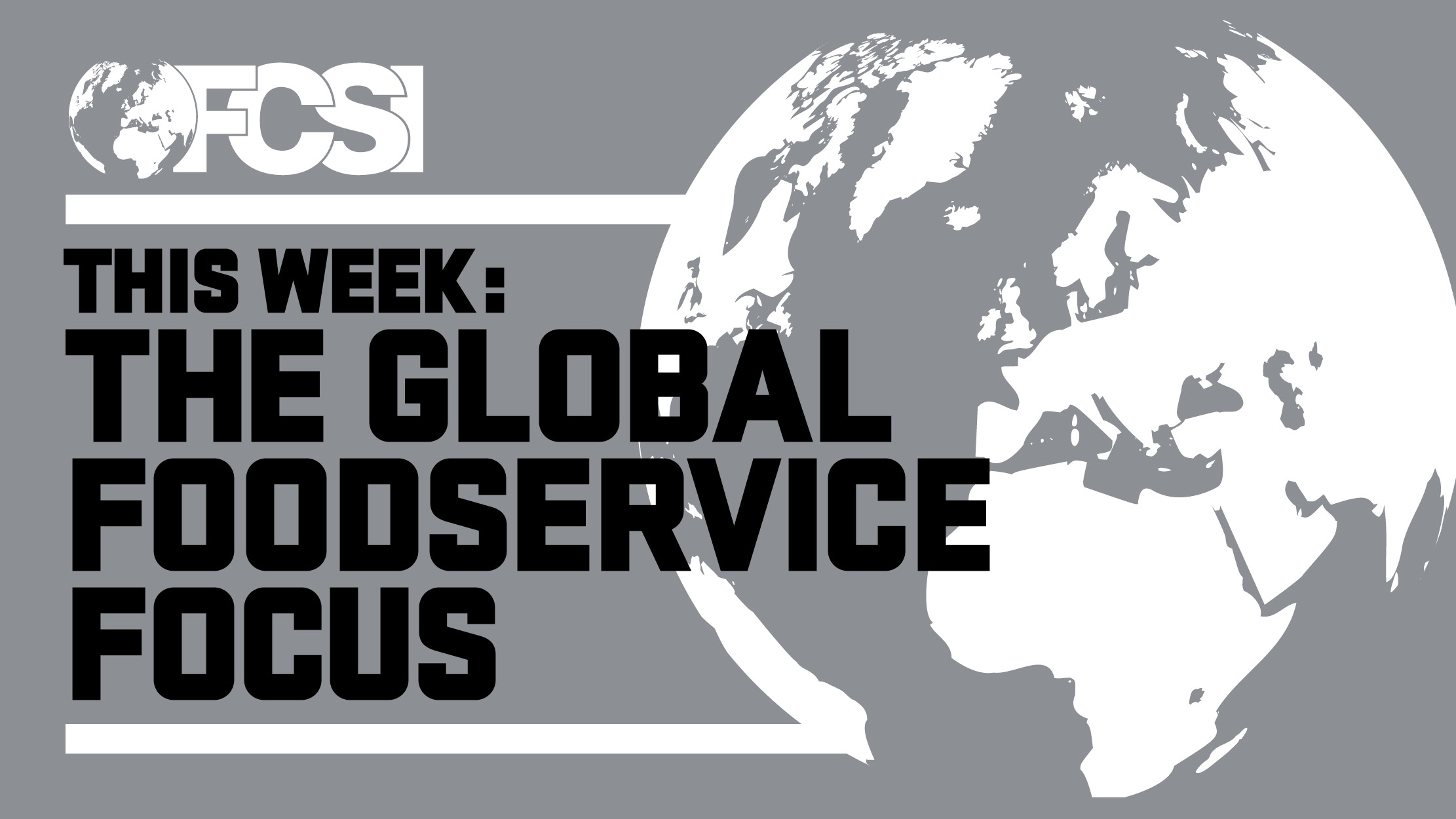
The Americas
Starbucks to close stores and cut 900 jobs in restructuring drive
As part of CEO Brian Niccol’s ‘Back to Starbucks’ turnaround plan, the coffee giant is shutting stores and getting rid of 900 non-retail jobs. The downsizing has been prompted by a review of Starbucks’ store portfolio and is part of Niccol’s plan to revive the chain, which is centered around reducing operational complexity and elevating the in-store experience for customers. Staff who are impacted will receive generous severance and support packages, according to Niccols, including benefits extensions. The company anticipates completing most closures by the end of the 2025/26 fiscal year and projects $1bn in costs for closures, organisational restructuring and related activities, with $150m of that related to severance.
Korean restaurant Atomix tops the list of best North American restaurants
The first list of North America’s 50 Best Restaurants launched last week with Korean fine dining restaurant Atomix at the top. Created by husband and wife team Chef Junghyun ‘JP’ Park and Ellia Park, the compact, minimal NY-located restaurant is currently ranked number 12 on the World’s 50 Best Restaurants List and holds two Michelin stars. Diners can expect a 12-course tasting menu of Korean-based plates ‒ including tteok-galbi (grilled short rib patty) with chocolate and Korean pepper ‒ each accompanied by a card providing details on the ingredients, origin and inspiration.
Asia Pacific
1,000 Indonesia schoolchildren taken ill from school lunches
BBC has reported that more than 1,000 Indonesian schoolchildren fell ill last week after eating free school lunches, part of President Prabowo Subianto’s $28bn nationwide nutrition programme. Health officials said 1,258 cases were recorded between Monday and Wednesday, following 800 the previous week. Since January, one NGO estimates that over 6,400 children have been affected. In previous cases of food poisoning from the free lunch programme, negligent food preparation has been cited as a suspected cause. This week’s victims ate meals that included soy sauce chicken, fried tofu, vegetables and fruit. Despite calls to suspend the scheme, authorities say it will continue. Critics have highlighted food safety concerns and warned that the programme’s vast budget risks mismanagement and corruption.
KFC and Taco Bell operator in Australia attracts $554m takeover offer
Restaurant Brands, the operator of KFC, Pizza Hut, Taco Bell and Carl’s Jr, has received a $554m takeover offer from its majority shareholder, Finaccess Restauración. The Mexican company, which already owns 75% of Restaurant Brands, is seeking to buy the remaining quarter of the company at NZ$5.05 ($4.44) per share. News of the approach on Tuesday sent shares up nearly 60% in early trade, adding over $200m in value. Restaurant Brands runs more than 520 stores across New Zealand, Australia, Hawaii and California, including 82 KFC and Taco Bell outlets in Australia, where it competes with ASX-listed Collins Foods.
Europe, Middle East and Africa
Keeta launches in the UAE, bringing 350 jobs and drone delivery
China’s on-demand delivery provider Meituan has launched its international food delivery brand, Keeta, in Dubai, marking its entry into the United Arab Emirates, its fourth new market in the Middle East in the last year. It is already present in Saudi Arabia, Qatar and Kuwait. Dubai has also become the first overseas hub for Keeta Drone, the company’s unmanned aerial delivery service. Keeta’s launch in the UAE is expected to create more than 350 highly skilled jobs and integrate over 5,000 UAE-based SMEs onto the platform.
Summer survey says 35% of BII members need tax reductions to stay open
According to the British Institute of Innkeeping’s (BII) summer survey, 35% of members could be forced to close their businesses if the Government doesn’t reduce the tax burden on the sector in the Autumn Budget. From April, National Insurance contributions (NICs) have risen from 13.8% to 15%, and the NIC secondary threshold dropped from £9,100 to £5,000, while the minimum wage rose to £12.21 (an increase of more than 40% over the last five years) ‒ all of which have put more cost pressure on employers. Steve Alton, BII CEO said, “Without a reduction in the tax burden, we will lose a huge number of viable businesses and jobs, providing immeasurable support and connection in every community.”
Elly Earls

